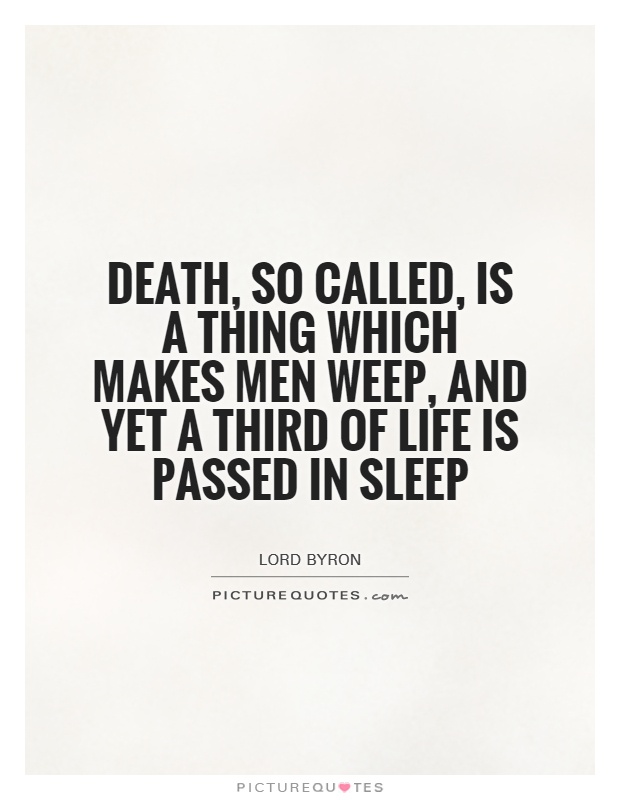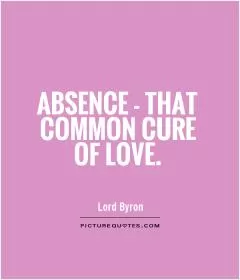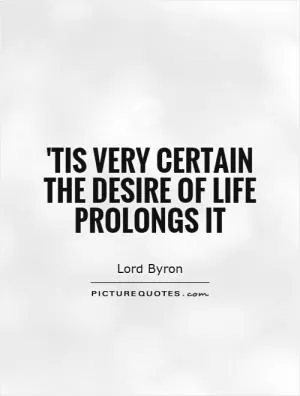Death, so called, is a thing which makes men weep, And yet a third of life is passed in sleep

Death, so called, is a thing which makes men weep, And yet a third of life is passed in sleep
Lord Byron, the renowned poet of the Romantic era, was no stranger to the themes of death and mortality in his works. In his poem "Childe Harold's Pilgrimage," Byron explores the fleeting nature of life and the inevitability of death. The line "Death, so called, is a thing which makes men weep, And yet a third of life is passed in sleep" encapsulates Byron's contemplation on the brevity of life and the paradoxical relationship between death and sleep.Byron's musings on death are deeply rooted in his own personal experiences and struggles. Throughout his life, Byron faced numerous tragedies and losses, including the death of his mother when he was just a child and the deaths of several close friends and lovers. These experiences undoubtedly shaped Byron's perspective on mortality and influenced his poetic exploration of death.
In the line "Death, so called, is a thing which makes men weep," Byron acknowledges the universal fear and sorrow that death evokes in humanity. Death is often viewed as a tragic and final end, causing grief and despair for those left behind. However, Byron also highlights the irony that a significant portion of life is spent in a state of unconsciousness - sleep. This juxtaposition of death and sleep serves as a reminder of the cyclical nature of life and the inevitability of both death and rest.
For Byron, sleep can be seen as a metaphor for death - a temporary state of oblivion that offers respite from the trials and tribulations of life. Just as sleep is a necessary and natural part of the human experience, so too is death. Byron suggests that death should not be feared or mourned excessively, but rather accepted as a natural part of the human journey.












 Friendship Quotes
Friendship Quotes Love Quotes
Love Quotes Life Quotes
Life Quotes Funny Quotes
Funny Quotes Motivational Quotes
Motivational Quotes Inspirational Quotes
Inspirational Quotes